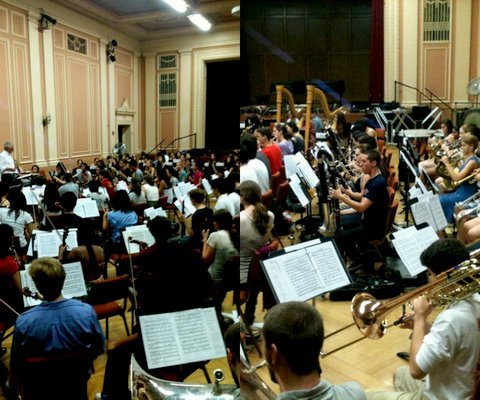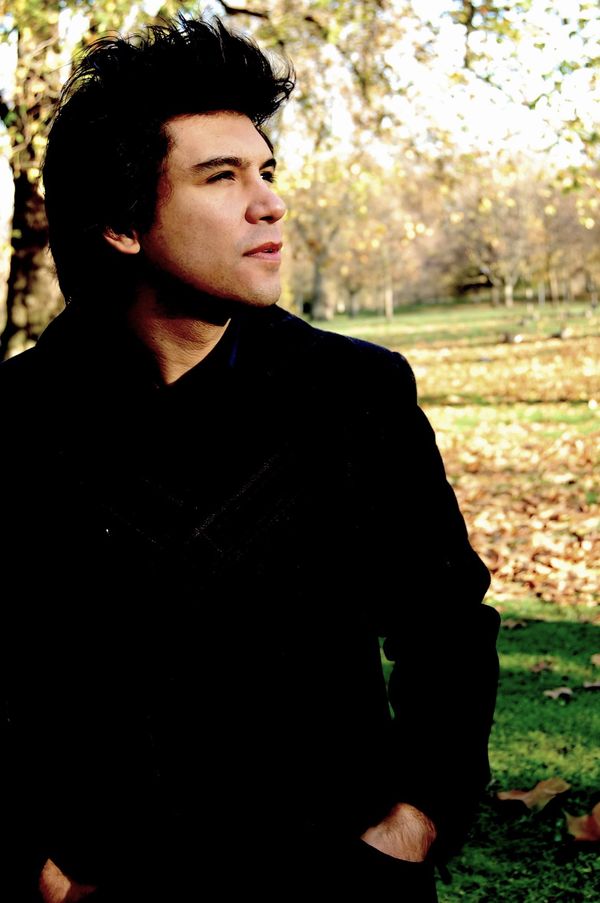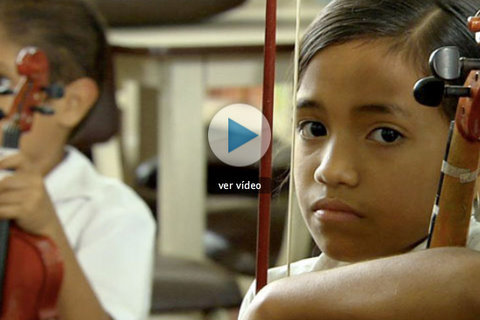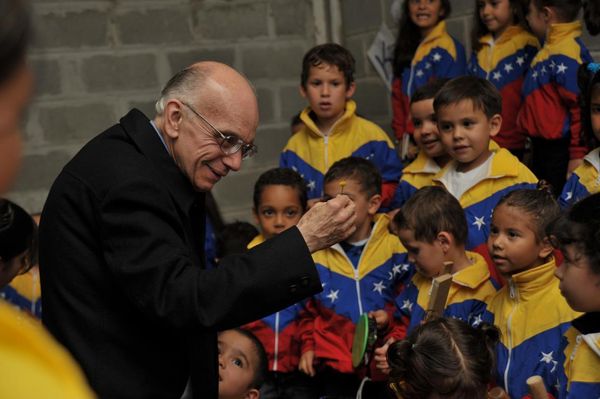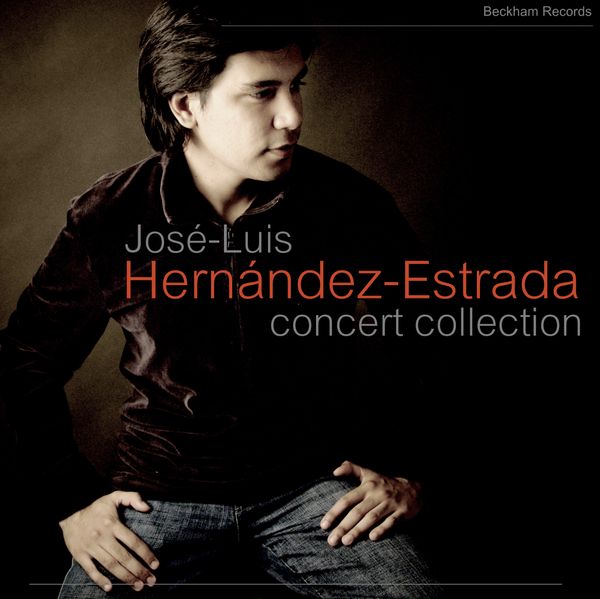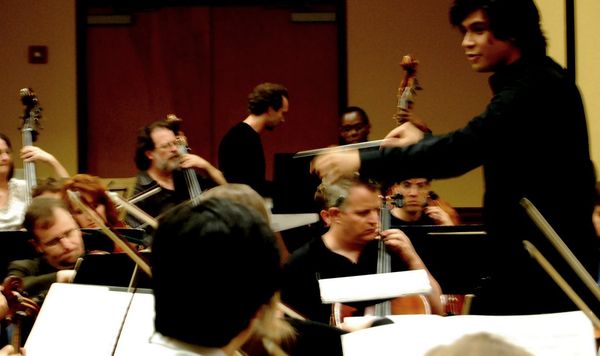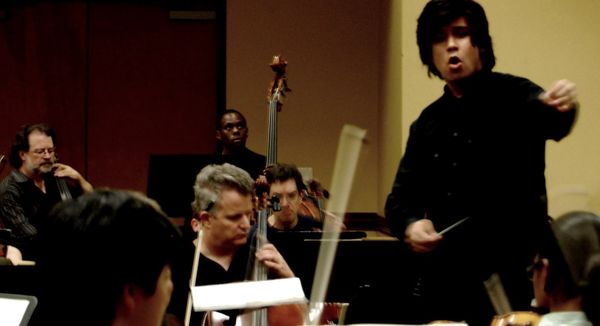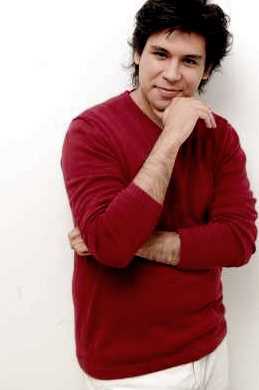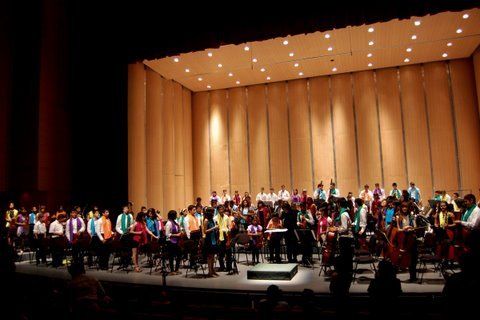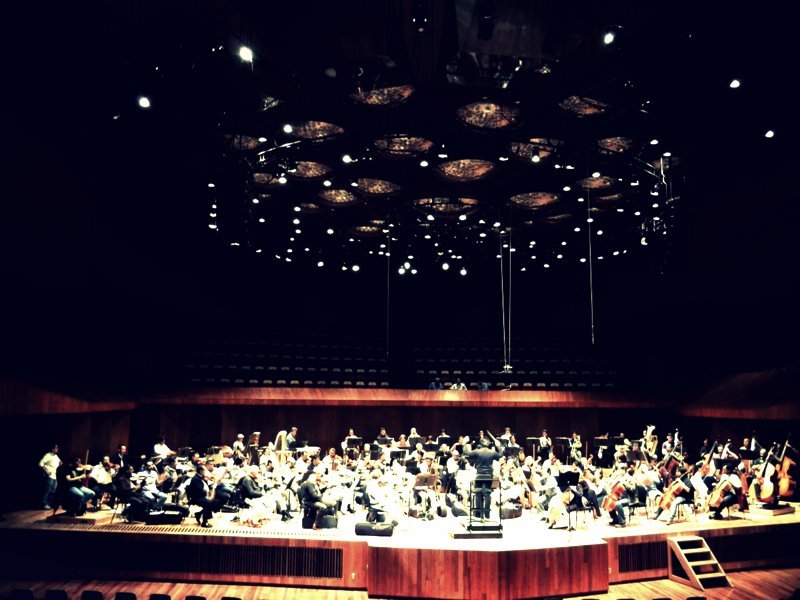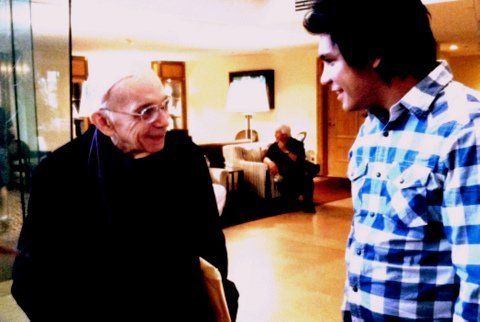
Meeting Maestro Abreu in Los Angeles.
He has earned many accolades, like sower of hope, dream maker and key player in Venezuela's historical evolution throughout the last 50 years, but a simple word would just befit maestro José Antonio Abreu, the founder and driving force behind El Sistema, and that word is 'visionary'. This unshakably convinced, warm-hearted, strong-willed musician has been able to undertake a task that reaches beyond music to encompass the rescue and education of Venezuelan youngsters.
Born the eldest of six children to a family of musical lineage, at the break of dawn on May 7 1939, in Valera, a city in the northwestern Venezuelan state of Trujillo, Abreu confesses that it was his eagerness to serve his country, and his concerns and uneasiness about social inequality that encouraged him to develop, in 1975, an ingenious Venezuela-oriented plan aimed at synthesizing and channeling the economic, managerial, pedagogical and musical experience and knowledge he has acquired throughout his life. Here are some of his ideas that have brought inspiration to musicians and educators around the world.
On El Sistema's guiding principles:
“The System is directed by a set of ethical principles, a process in which the student is actively participating; creating, playing, listening, co-operating. As a consequence the music, and all that it brings with it in relation to personal development, the interaction within the family and the community spirit, is spontaneous and forms a natural part of life.”
http://www.rightlivelihood.org/abreu_speech.html
On access and inclusion:
"To democratize the education system to the extent of guaranteeing youngsters and children full access to literature and art, to the highest philosophical thinking, and to the ecumenical life joyfully shared, cannot be conceived but as priority cause, unavoidable, and emerging towards a profound and valid transformation of civil society and the State."
http://tipom.wordpress.com/2008/04/01/jose-antonio-abreus-acceptance-speech-of-the-venezuelan-branch-of-bnai-briths-human-rights-award/
The role of choirs and orchestras:
"In their condition as communities in a never-ending exercise of coordination and harmonization, the Youth and Children Orchestras and Choirs represent the model of an advanced, authentic School of Social Life."
http://www.fesnojiv.gob.ve/en/el-sistema/16-eventos/358-premio-principe-de-asturias-de-las-artes.html
Enacting Social Justice:
"Material poverty will be categorically vanquished by the sublime spiritual richness that grows through and in the music. Social justice and cultural justice constitute two aspects of a sole and indissoluble dimension."
http://www.erasmusprijs.org/index.cfm?lang=en&page=2010:+JOSE+ANTONIO+ABREU
The Maestro's TED Prize wish:
“Here is my TED Prize wish — I wish that you help to create and document a special training program for 50 gifted young musicians passionate about their art and social justice and dedicated to bringing El Sistema to the United States and other countries.”
http://blog.ted.com/2009/02/18/_weve_transcrib/
Remarks at the Royal Festival Hall:
"It is my belief that culture for the poor, cannot be a poor culture."


